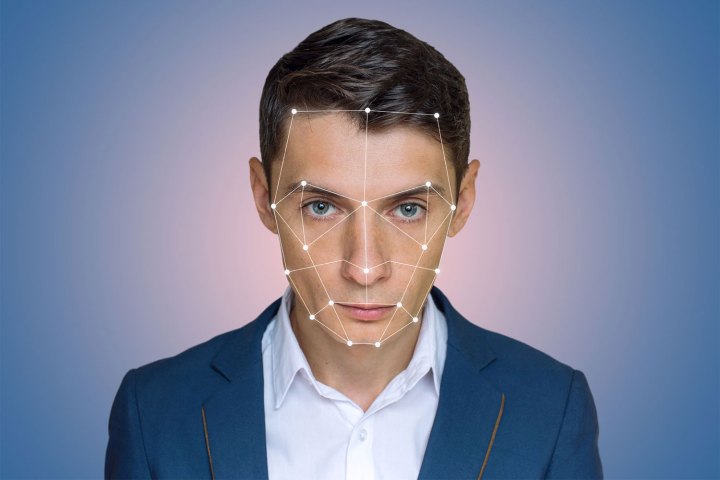
Now the organizing committee of the Tokyo 2020 Olympics and Paralympics is taking notice of the technology, and wants to use it on a huge scale at the global sporting extravaganza, sources told the Japan Times recently.
Developed by NEC Corp., the committee said the system would aid security by eliminating the problem of forged or stolen ID cards, and also speed up the flow of athletes, officials, and media personnel entering the venues. It’s estimated the system will manage up to 400,000 people, marking the biggest ever deployment of facial recognition technology at an Olympic Games.
To set up the system, photos of faces will need to be submitted to a database so the technology can compare them with the faces of athletes and workers when they arrive at a venue.
The logistics of the system have been deemed too challenging to operate for spectators, who will be asked to show their tickets at venue entrances as usual.
With the Olympics still more than two years away, the technology is expected to be refined through testing to prevent any delays at the gate that could cause inconvenience and stress to athletes preparing for possibly the biggest moment in their sporting careers.
NEC has been developing facial recognition technology for many years, and in 2014 hit the headlines with a system called NeoFace that apparently helped the Chicago Police Department track down a suspected criminal. NeoFace analyzes faces in live-streaming security footage and searches for identical faces in its database, alerting the authorities to any matches.
NEC’s technology also showed up recently in a CaliBurger kiosk that the fast-food company is currently testing at one of its restaurants. The machine recognizes customers from previous visits and uses the data to suggest meal orders based on past selections.
But while advances in the platform have resulted in growing interest from companies and organizations around the world, it has not all been smooth sailing for facial recognition technology. Privacy advocates, for example, are worried that it could lead to increased public surveillance and the potential erosion of civil liberties. Others, meanwhile, question its effectiveness regarding matters of security, an issue that the organizers of the Tokyo Olympics will be studying carefully.


